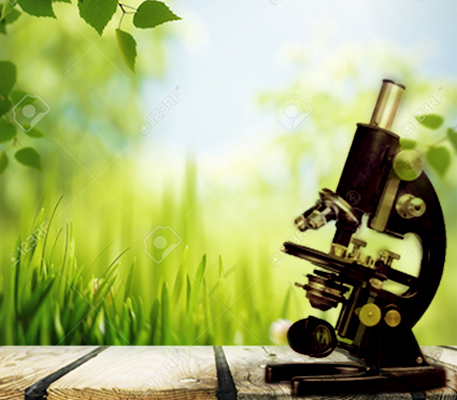Problems with your Thyroid Hormone?

Underdiagnosed
Thyroid disease is very common and affects significantly more women than men. In conventional medicine, a diagnosis is made based on a high TSH (thyroid stimulating hormone). If the body isn’t producing enough thyroid hormone then the idea is TSH will be higher in an attempt to produce more. Unfortunately TSH is considered normal in many people who are hypothyroid because the range is too wide. Preventative or functional ranges for TSH are lower. We look at anything above 2.0 or 2.5 in order to catch dysfunction before it becomes disease. Current research confirms that conventional ranges are based on inaccurate data.
Symptoms of Hypothyroidism
Signs and symptoms associated with low thyroid hormone include: fatigue, depression/anxiety, insomnia, high cholesterol, cold hands and feet, slow wound healing, weight gain, edema, hair loss, dry skin/hair,hives, headaches, asthma, bruising, constipation and PMS.
There are a number of other diagnostic tools including one called the THEA Score. The Thyroid Events Amsterdam (THEA) Score is based on the study “Prediction of progression to overt hypothyroidism or hyperthyroidism in female relatives of patients with autoimmune thyroid disease using the Thyroid Events Amsterdam (THEA) score”. It is used to evaluate patient risk of progressing to hypothyroidism or hyperthyroidism within the next five years.
Tests You Need
Two antibody markers can indicate Hashimoto’s. These show an autoimmune response leading to hypothyroidism.
More extensive labs also show the amount of T4, which is the stored form of thyroid hormone. T4 is produced by the thyroid gland. TSH responds to the levels of T4 circulating in the blood, which is one reason hypothyroidism is under diagnosed.
The active form is called T3 and is what enters the cells and promotes DNA transcription. Then our body can enjoy the benefits of this important hormone. The conversion occurs in the organs and muscles using enzymes that require specific nutrients. I talk about about these nutrients in a different article but this is another reason thyroid disease is not diagnosed.
One more complicating factor is that T3 can be converted into reverse T3 or rT3. In this form there are no thyroid hormone benefits because rT3 is completely inert. You can see why looking beyond TSH is important. If you are having any signs or symptoms and want to look deeper find a practitioner who will do comprehensive testing.
Related Posts






